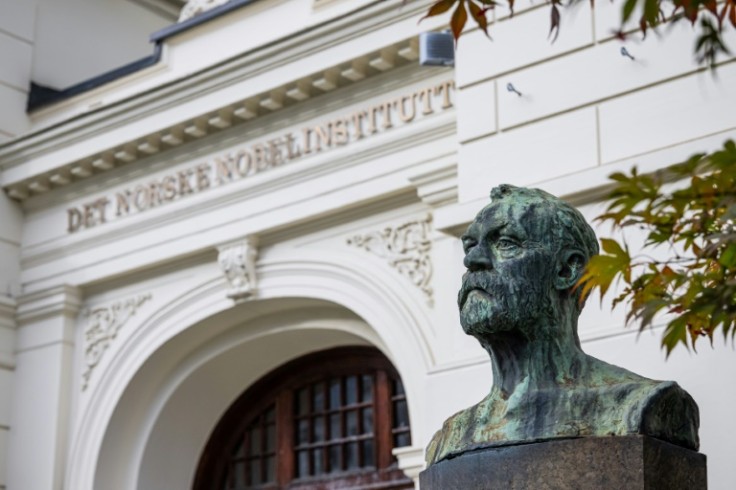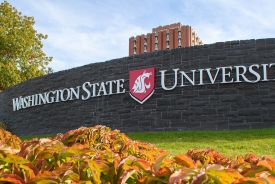Nobel Prize Honors Scientists Who Made Quantum Mechanics Practical for Everyday Tech
John Clarke, Michel Devoret, John Martinis Awarded 2025 Nobel in Physics for Quantum Research
By
Briton John Clarke, Frenchman Michel Devoret and American John Martinis won the Nobel Prize in Physics on Tuesday for putting quantum mechanics into action and enabling the development of all kinds of digital technology from cellphones to a new generation of computers
The Nobel jury noted that their work had "provided opportunities for developing the next generation of quantum technology, including quantum cryptography, quantum computers and quantum sensors".
Quantum mechanics describes how differently things work on incredibly small scales.
For example, when a normal ball hits a wall, it bounces back. But on the quantum scale, a particle will actually pass straight through a comparable wall -- a phenomenon called "tunnelling".
"What these scientists were able to do was to basically do that, but on an electric circuit," Ulf Danielsson, secretary of the Nobel physics committee and a professor of theoretical physics at Uppsala University, told AFP.
In experiments carried out in the 1980s, the scientists showed that quantum tunnelling can also be observed on a macroscopic scale -- involving multiple particles -- by using superconductors.
"This prize is awarding an experiment that brings the scale up to the macroscopic scale, scales that we can understand and measure through human standards," Danielsson said.
"It is also enormously useful, as quantum mechanics is the foundation of all digital technology," Olle Eriksson, chair of the Nobel Committee for Physics, said in a statement.
Clarke, 83, is a professor at the University of California, Berkeley.
Devoret, 72, is a professor at University of California, Santa Barbara and is listed as a professor emeritus at Yale University.
Martinis, born 1958, is also a professor at the University of California, Santa Barbara.
"To put it mildly, it was the surprise of my life," Clarke told reporters via telephone during the prize announcement, about learning of his award.
Clarke explained that the scientists had been focused on the physics of their experiments and had not realised at the time the practical applications that could follow.
"It certainly had not occurred to us in any way that this discovery would have such a significant impact," Clarke said.
Asked about how their discoveries had affected everyday life, Clarke noted that he was speaking to the audience via his mobile phone.
"One of the underlying reasons that the cell phone works is because of all this work," Clarke said.
In a subsequent interview with the Nobel Foundation, Clarke stressed that the discovery was a joint effort.
"I could not imagine accepting the prize without the two of them," he said.
Like many Nobel laureates, the trio's research was carried out in the United States.
Major US institutions typically dominate the Nobel science prizes, due largely to the US' longstanding investment in basic science and academic freedoms.
"The fact that Michel Devoret went to the US is an example of the brain drain," Eleanor Crane, a quantum physicist at King's College London, told AFP.
But at the same time, Crane noted that this trend "is being reverted right now with a new administration".
Massive US budget cuts to science programmes announced by President Donald Trump have raised fears that the United States' may lose its scientific edge.
The physics prize is the second Nobel of the season, following Monday's medicine prize to a US-Japanese trio for research into the human immune system.
Mary Brunkow and Fred Ramsdell of the United States and Japan's Shimon Sakaguchi were honoured for identifying immunological "security guards".
The physics prize will be followed by the chemistry prize on Wednesday, the literature prize on Thursday, and the highly watched Nobel Peace Prize on Friday.
The economics prize wraps up the 2025 Nobel season on October 13.
The Nobel consists of a diploma, a gold medal and a $1.2-million cheque, to be shared if there is more than one winner in a discipline.
The 2025 laureates will receive their prizes at formal ceremonies in Stockholm and Oslo on December 10, the anniversary of the death in 1896 of scientist Alfred Nobel, who created the prizes in his will.








